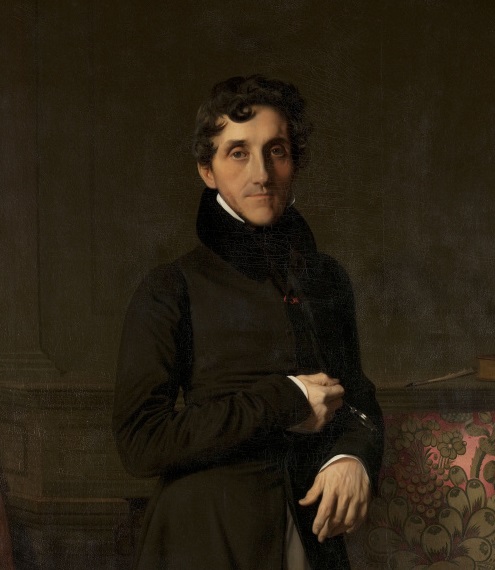
Napoleon had been defeated, the Allies were about to enter Paris. Count Molé accompanied Fouché to a meeting with Wellington on 5 July designed to arrange the surrender of the capital and the likely restoration of King Louis XVIII. Count Molé gives this unusual, and surprising, description of Wellington:
“Before seeing the Duke of Wellington I tried to imagine him. I thought of the deliverer of Portugal, the restorer of the Spanish monarchy and finally of Napoleon himself. I thought of the man who never abused victory and always showed himself so sparing of his soldier’s blood, of the illustrious captain who had deserved that all the generals of allied Europe should recognize him as their master and all the kings ask his advice. My imagination could not combine sufficient transcendent faculties and imposing qualities to explain this colossal being, so much more extraordinary in that he was so untypical of the century. That was my surprise then when from a position that enabled me to observe him at my leisure, I discovered the following.
His intelligence is, if anything, below the average, and his education even inferior to his intelligence. He can neither talk nor write. Add to that a taste for women, continual amours of extreme ardour and equally extreme frivolity, all the habits of a man of the world and a thirst for the pettiest amusements: this at the first glance was my impression of the Duke of Wellington. But one must get beneath the surface to the character and will of the man to find the secret of his glory and his life. He possesses that imperturbable will which, calm and constant, wears down all resistance. No obstacle surprises him, no difficulty deters him. Never intoxicated by victory or blinded by success, he is fond of praise, even undiscerningly so. With him pride does not exclude vanity, but his judgment seems to stand at the centre of a triple barrier which separates and protects it from any disturbing influence. His good sense is almost infallible. Seeking after truth, loving justice, he repels the evil and the false even as instruments of success. He sees things, so to speak, face to face, less by superiority of intelligence than by clear-sightedness. He does not dominate them but he sees them as they are. Men would have less scorn for uprightness and good sense if they knew how they make for success. How many times have I seen the Duke of Wellington elude a trap set for him, outwit the most cunning, disconcert the cleverest? Born under a Government in which all men invested with power are answerable for their actions and all glory subject to discussion, the Duke of Wellington seems to live in the constant expectation of seeing his own attacked. An Englishman holds himself ready to appear before the tribunal of public opinion as a Christian before that of God.”